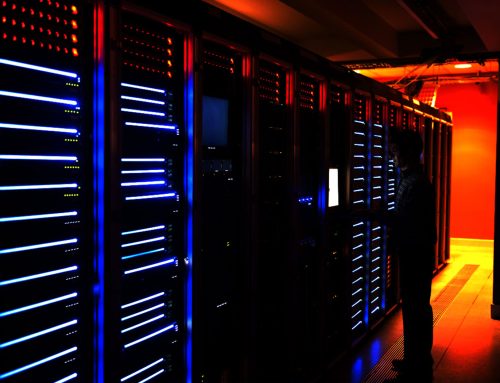 In most organizations that depend on IT systems, there could be a thin line between compliance and security. Many believe that checklists related to compliance standards are enough to protect a company’s sensitive data. However, this isn’t always the case. In order to make sure a business is fully protected, it is important to not only adhere to industry compliance regulations but to also protect data with internal cyber security measures.
In most organizations that depend on IT systems, there could be a thin line between compliance and security. Many believe that checklists related to compliance standards are enough to protect a company’s sensitive data. However, this isn’t always the case. In order to make sure a business is fully protected, it is important to not only adhere to industry compliance regulations but to also protect data with internal cyber security measures.
What is Compliance?
Compliance involves meeting the rules or regulations created by governmental bodies, non-profit organizations or even groups of people that belong in the same industry. These rules serve as a blueprint for securing certain types of data. There is usually a regulatory body that ensures that everyone in the industry adheres to the set rules. To ensure that every player in the industry is compliant, regulatory bodies conduct periodic audits and assessments of the systems. They can do these tasks themselves or can seek the expertise of a third party. The audits are used to reveal how your organization is performing in terms of trying to remain compliant and meeting the regulatory standards.
What is Cyber Security?
Cyber security incorporates all the features and processes that an organization deploys to protect its data. It ensures that all the information is always safe and sound. Company data should not be at risk of being stolen or accessed by an unauthorized party. With security, companies need to identify all the risks or threats that the system can be subjected to. Effective measures are then put in place to safeguard the systems from those risks. For instance, the network is actively monitored to identify traces of security threats.
Differences Between Compliance and Security
From a general point of view, compliance and security can be thought to mean the same thing. In reality, they are completely two different distinctions. For instance, compliance is mainly practiced with the goal of meeting the requirements set by third-party organizations. On the other hand, security is exercised for your own sake. Businesses won’t be pressurized by any external forces to keep your systems and data safe. They can deploy security measures for their own good.
Another difference is that a business will strive to be compliant with the aim of protecting its name and meeting the basic business needs. There could be an accreditation that is given to businesses that are compliant to certain standards. On the other hand, security is more technical. It is driven by the need and desire to protect data and systems from all forms of threats.
The compliance has the beginning and the end. An organization can sit back and claim that it is 100% compliant after meeting the requirements of the regulator. On the other hand, security is a continuous process. It needs to be maintained and improved continuously because the threats keep evolving over time.
In conclusion, businesses should strive to find a perfect balance between security and compliance by including both of them in your business operations. Contact Roan Solutions for more information on how to do that.












